Mastering Sales and Negotiation Skills: The Path to Persuasion and Success
Sales and negotiation are two critical skills that drive business success, whether you’re closing a deal, securing a partnership, or even navigating internal decisions. Both require a mix of strategy, psychology, and interpersonal expertise. In this blog post, we’ll dive into the essential sales and negotiation skills and how mastering them can lead to better outcomes and long-term success.
Why Sales and Negotiation Skills Matter
Whether you’re in a direct sales role or not, having strong sales and negotiation skills is beneficial in nearly every profession. Sales is about persuading others to see value in your products or services, while negotiation ensures you achieve the best possible outcome for both parties. In today’s competitive market, understanding these skills can give you a distinct edge.
Here’s how to develop and refine these crucial abilities.
Key Sales Skills
- Active Listening
- Successful salespeople know how to listen more than they talk. Active listening means fully concentrating on what the client is saying, understanding their needs, and responding appropriately. This allows you to tailor your approach to what the customer truly values.
- Building Rapport
- Establishing trust and rapport with potential clients is foundational. People are more likely to buy from those they trust and feel connected with. Building rapport involves showing genuine interest in the other person, being empathetic, and demonstrating that you understand their needs.
- Solution-Oriented Selling
- Rather than just pushing a product or service, focus on how your offering solves a problem for the client. Understanding their pain points and offering tailored solutions positions you as a valuable partner, not just a salesperson.
- Storytelling
- People respond to stories, not just statistics. Crafting a compelling narrative around your product or service that connects with the client’s emotions can make your pitch more memorable and persuasive.
- Product Knowledge
- You can’t sell what you don’t fully understand. Be well-versed in your product’s features, benefits, and competitive advantages. This knowledge allows you to confidently answer questions, overcome objections, and demonstrate why your offering is the best fit.
- Closing Techniques
- The ability to close a deal is a critical sales skill. Understanding different closing techniques, such as the assumptive close (“When would you like to get started?”) or the urgency close (“This offer is available for a limited time.”), can help guide the prospect toward making a decision.
Essential Negotiation Skills
- Preparation
- Great negotiators are always well-prepared. This means doing research on the other party, understanding their needs, knowing your bottom line, and anticipating objections. Preparation gives you confidence and the ability to adapt to any situation that arises during the negotiation.
- Clear Communication
- Being clear and concise in your communication is essential during negotiations. Articulate your goals, needs, and expectations without ambiguity. Misunderstandings can derail a negotiation, so ensure both parties have a mutual understanding.
- Emotional Intelligence
- Emotional intelligence (EI) plays a crucial role in negotiation. Understanding your own emotions, managing them, and recognizing the emotions of others can help you navigate tense discussions and find mutually beneficial solutions. EI helps you build trust and foster a positive negotiation environment.
- Flexibility and Compromise
- Successful negotiations require flexibility. Be open to compromise and find win-win solutions that benefit both parties. While it’s important to advocate for your needs, being too rigid can lead to a stalemate. The key is finding common ground where both sides walk away satisfied.
- Managing Objections
- Objections are inevitable in negotiation. Whether it’s about price, timing, or other conditions, how you handle these objections can make or break the deal. Stay calm, listen to the concerns, and respond with solutions that alleviate the other party’s fears or hesitations.
- Patience
- Patience is an often-overlooked negotiation skill. Rushing through negotiations can result in unfavorable terms or missed opportunities. Taking the time to listen, evaluate, and strategize ensures better outcomes and helps you avoid mistakes.
- Knowing When to Walk Away
- Sometimes, no deal is better than a bad deal. Knowing your limits and when to walk away is crucial in negotiations. It may feel uncomfortable to say no, but if the terms aren’t favorable or fair, maintaining your stance and walking away preserves your position for future negotiations.
Combining Sales and Negotiation for Success
Sales and negotiation skills are deeply interconnected. In a sales context, negotiation often follows after initial interest has been established. Here’s how the two work together:
- Building Value Before Negotiating: Great sales professionals establish value early in the conversation. When clients understand the value of what’s being offered, they’re less likely to push back on price or terms during the negotiation.
- Creating Win-Win Solutions: Negotiation is not just about getting what you want—it’s about finding a solution that works for both parties. When you approach negotiations with the mindset of a problem-solver, your chances of closing deals increase.
- Managing Objections During Sales: In sales, clients often express objections before negotiations begin. Addressing these concerns upfront makes the formal negotiation phase smoother, as trust is built early on.
Final Thoughts
Mastering sales and negotiation skills is about more than just making a deal. It’s about understanding human behavior, building trust, and creating long-lasting relationships. Whether you’re closing a big sale or negotiating terms, the ability to listen, communicate effectively, and adapt to the situation are key. By sharpening these skills, you can elevate your career, drive business success, and achieve more favorable outcomes in every aspect of your professional life.
Contact us to learn more about corporate training opportunities: (416) 489- 8946 / [email protected]


No responses yet